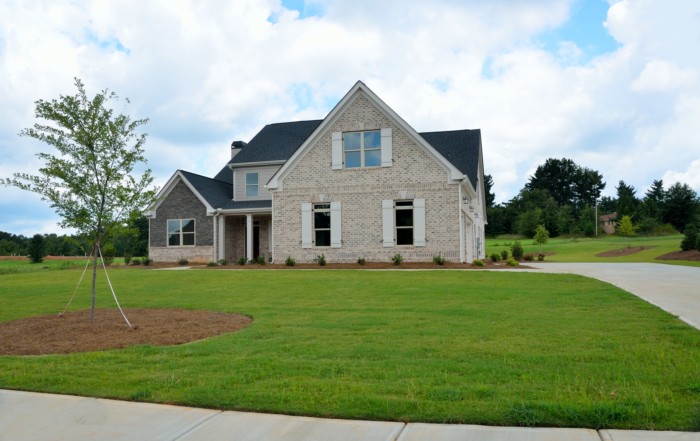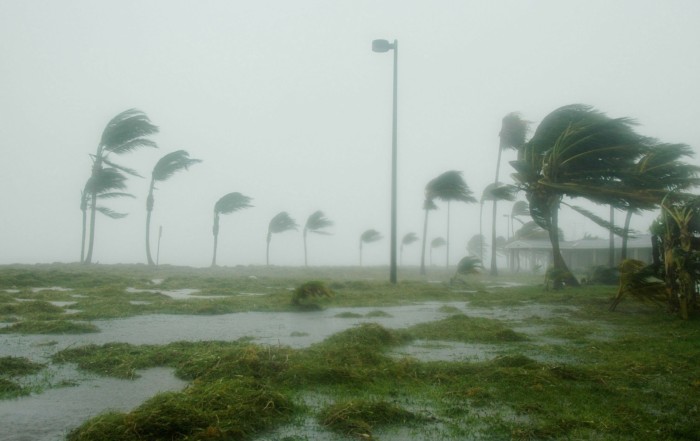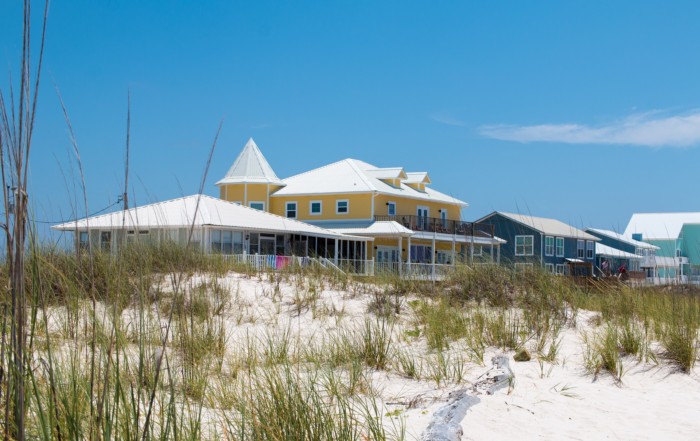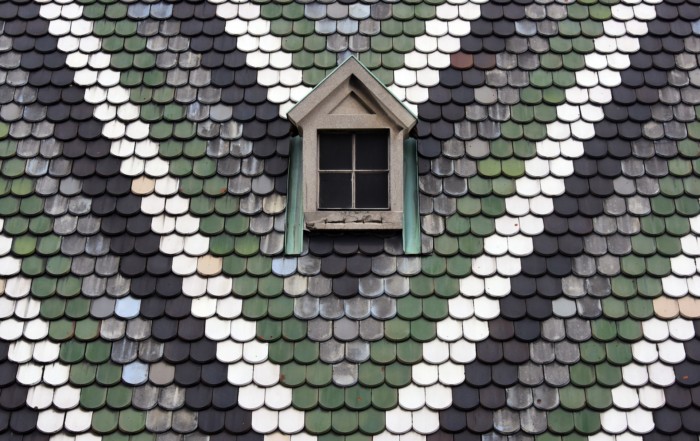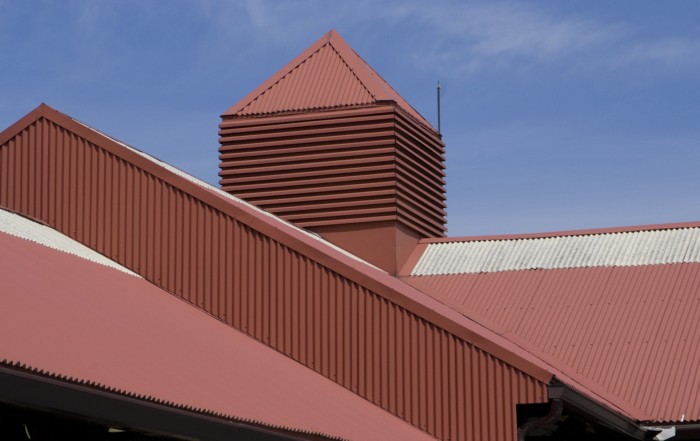Commercial roofs in the Sarasota area bear the brunt of some unique circumstances. Generally, commercial roofs are flat – allowing for heavy duty air conditioners and other equipment necessary to accommodate heavy equipment in the building. Flat roofs are prone to ponding, especially given our heavy South Florida summer rainfalls; and the harsh year-round sun is also known to cause premature aging of roofing materials.
You may have heard that spray foam roofing systems can benefit your commercial roof . In this blog we will discuss what spray foam options exist, how are they applied, and exactly how they can help to protect and extend the longevity of your roof.
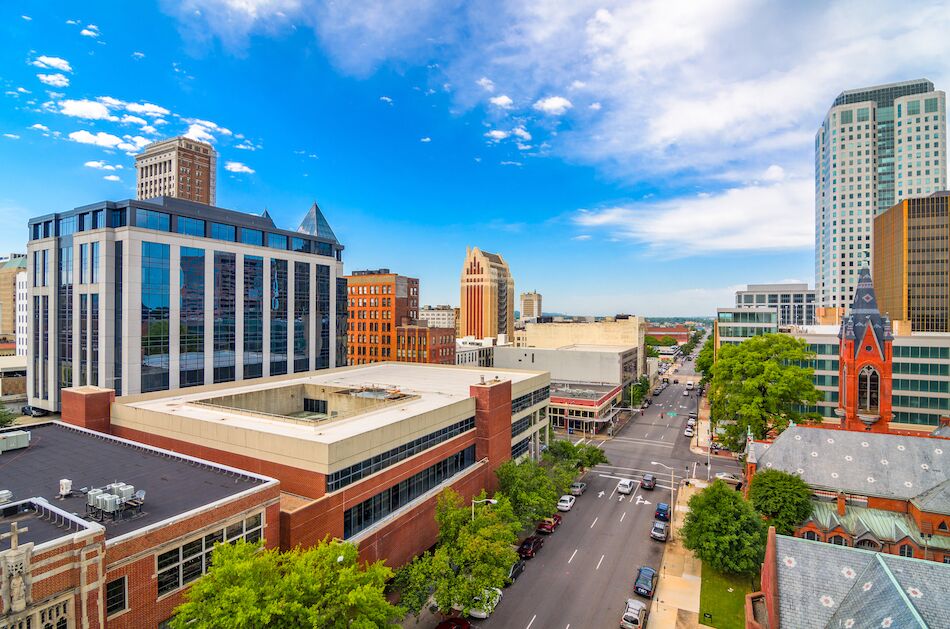
What are SPF Roof Systems?
Spray polyurethane foam roof (SPF) roof systems are constructed by mixing and applying a liquid that forms the base of an adhered roof system. The first step is the application of a rigid spray polyurethane foam insulation. The foam is made of isocyanate and polyol. The components are mixed together at the spray gun, which is then utilized to apply them to the roof substrate.
The SPF is applied to proper thickness to allow for slope, drainage, and thermal specification.
Coatings Over Spray Foam Roofs
The second component to constructing an effective spray foam roof is the application of a protective surfacing, designed to protect the roof from damaging foot traffic, erosion from moisture and deterioration from harsh UV rays. The coating is also often useful in bolstering the fire-resistant capability of the roofing system.
Under varying climate conditions, an SPF roof will expand and contract. Because the SPF expands and contracts, the protective coating necessarily must have the same capability, otherwise cracks and damage are likely to take place. The term “elongation” refers to matching the SPF and coating with both the regional climate conditions and the applied roof system. Your local roofing contractor is the best source of information as to the best materials to utilize for your commercial roof.
Cool coating are very popular in the Sarasota area, as they have been proven to help with the energy efficiency of the building during long months of blazing heat. White or light-colored roof coatings are the most common type of cool coatings generally applied over SPF roof systems. These types of cool coatings may include acrylic, butyl rubber, silicone, or some variety of polyurethane elastomer.
Mineral granules or sand may be introduced into the coating to maximize surface durability as well as aesthetic value. Although elastomeric coatings are more commonly used, the gravel system does offer a high success rate. It is always a good idea to hire a licensed and insured roofing contractor both to help you to choose the right type of roof coating for your situation and budget, as well as to properly apply all layers of the roof.
Maintenance of an SPF Roof
Like any roof, it is important to maintain an SPF roof on a regular basis. Call for an annual inspection in order to check for deterioration or erosion. It is likely that you will have to reapply the top coating periodically, but this is generally an easy procedure, similar to applying a fresh coat of paint to walls.
Residential Roof Spray Coating
Although SPF roofing systems are less common on residential homes, you may have occasion to apply this type of system at your home. For instance, if you have a custom home with a flat rooftop patio or viewing deck which experiences foot traffic, you may wish to inquire about this type of roofing option.
Sarasota homeowners may also wish to ask their local roofing expert about the benefits of spray coating or cool coating their residential roof.
Avery Roof Services is proud to provide quality residential and commercial roof installation and maintenance to the greater Sarasota area.



